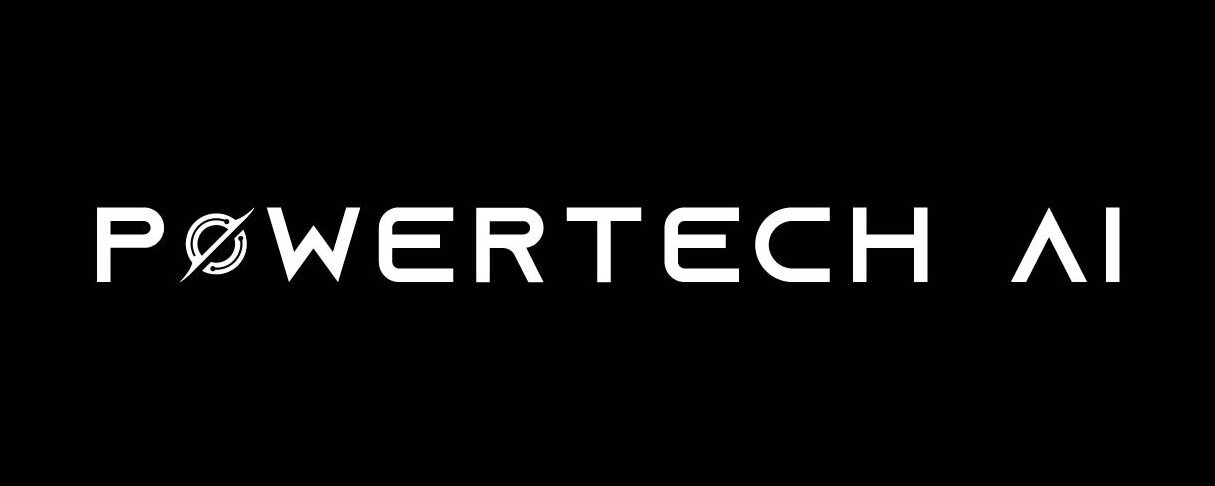Aztec launches StealthNote app giving privacy to corporate whistleblowers
Developers behind the Ethereum layer 2 Aztec Network have launched a whistleblowing platform called StealthNote that allows workers to vent about their employer without revealing themselves.StealthNote uses zero-knowledge proofs to prove that posts on its platform are written by someone with access to an email address of the company that they’re reviewing.Aztec Labs developer Saleel Pichen wrote in an April 14 X post that StealthNote creates a zero-knowledge proof of a Google JSON Web Token, which is used to authenticate users and allows the platform to prove a poster owns “an email from a company domain without revealing any personal info.”Two of the latest posts on StealthNote from personnel at Aztec Labs and Cornell University. Source: StealthNote.xyzAccording to Aztec’s documentation, the privacy solution had been in development since at least Oct. 22, while the first test post from Aztec occurred about three months ago.Workers from Ethereum Foundation, StarkWare and Scroll as well as Columbia and Cornell universities have made posts on StealthNote, primarily sharing greetings and voicing their support for privacy solutions.“Let’s make privacy cool again,” a worker from Nim Network wrote.ZK-proofs needed more than ever, says ButerinZK-proofs have become an increasingly used privacy solution in the internet age as concerns over data security and government surveillance continue to grow.The concerns were raised in an April 14 blog post by Ethereum co-creator Vitalik Buterin, who criticized the assumption that governments are generally well-intentioned when it comes to sacrificing privacy for a more “transparent society.” Related: Vitalik Buterin unveils roadmap for Ethereum privacyHe championed ZK-proofs as a solution to mitigate this trade-off, highlighting the technology’s ability to provide “fine-grained control of who can see what information.”Related: Vitalik Buterin unveils roadmap for Ethereum privacyThe privacy-focused Aztec Network launched on Ethereum in February 2020. The firm raised $100 million in Series B funding led by the tech-focused venture capital firm Andreessen “a16z” Horowitz in December 2022, with A Capital and King River also contributing.Magazine: Financial nihilism in crypto is over — It’s time to dream big again
